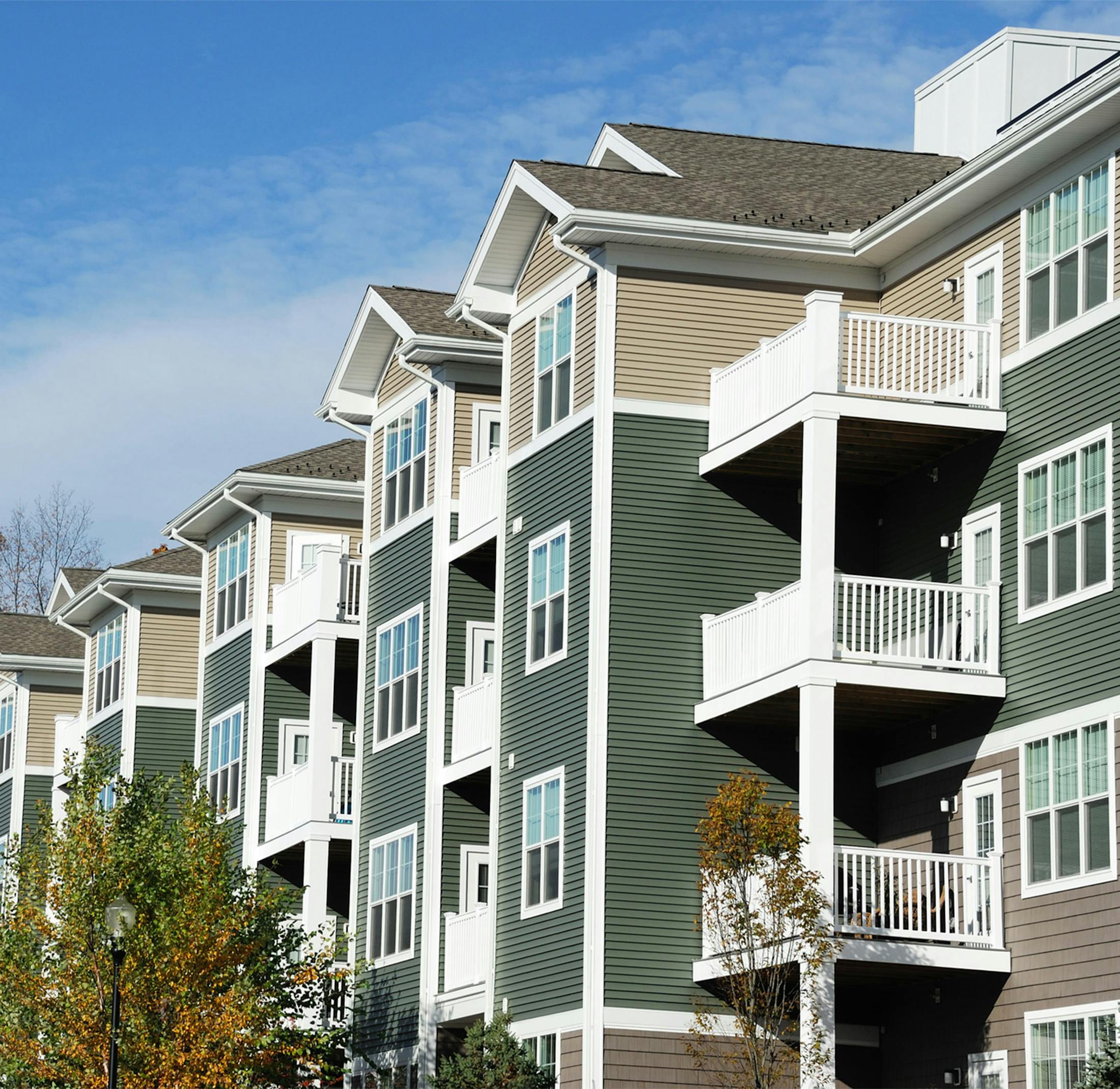Delinquent common charges and HOA assessment liens can disrupt community operations. Collection and foreclosure actions help enforce compliance, recover owed funds, and preserve the financial stability and legal integrity of community associations and condominiums.
Issuing Notices
Sometimes, all it takes to get a delinquent account up to date is a strongly worded and properly issued notice, which includes a warning to the unit owner of the consequences of not paying the monies owed and complying with the notice. We are experienced in using the notice procedures required by community association governing documents as well as all applicable laws affecting properties in New York State.
As such, we can help governing boards ensure their collection practices are in compliance with their governing documents and the law so as to avoid more significant problems due to non-compliance and also ensure a greater likelihood of payment being made without the need for a foreclosure action.










